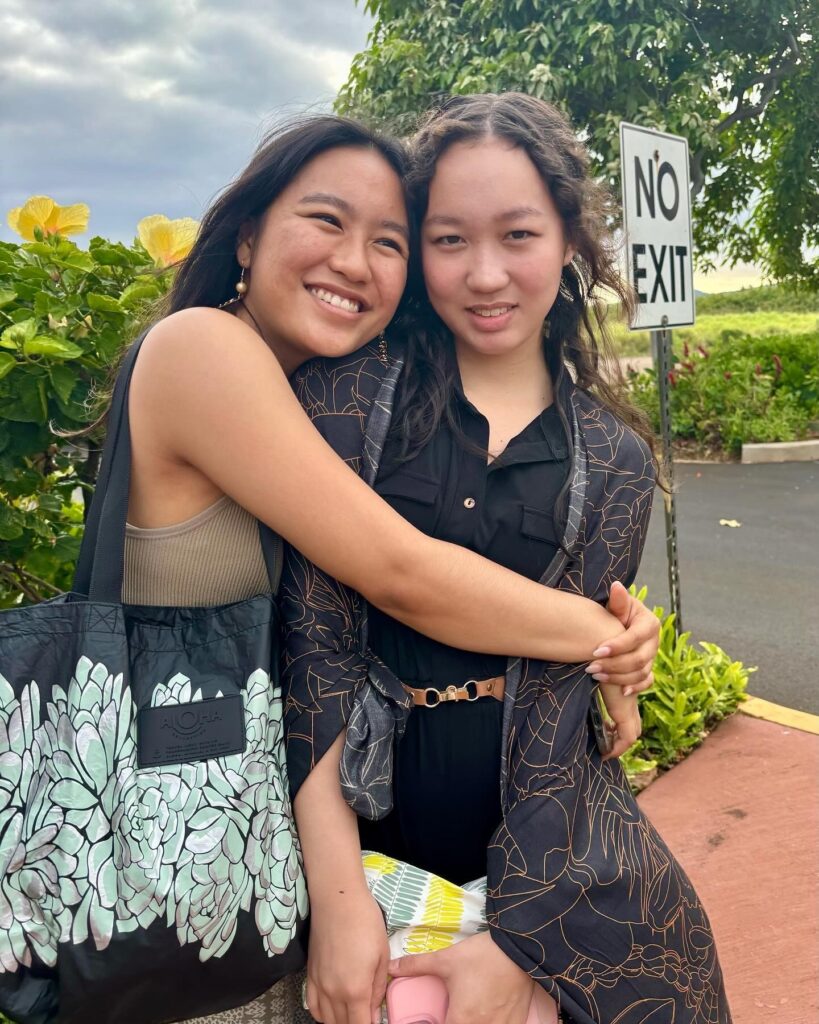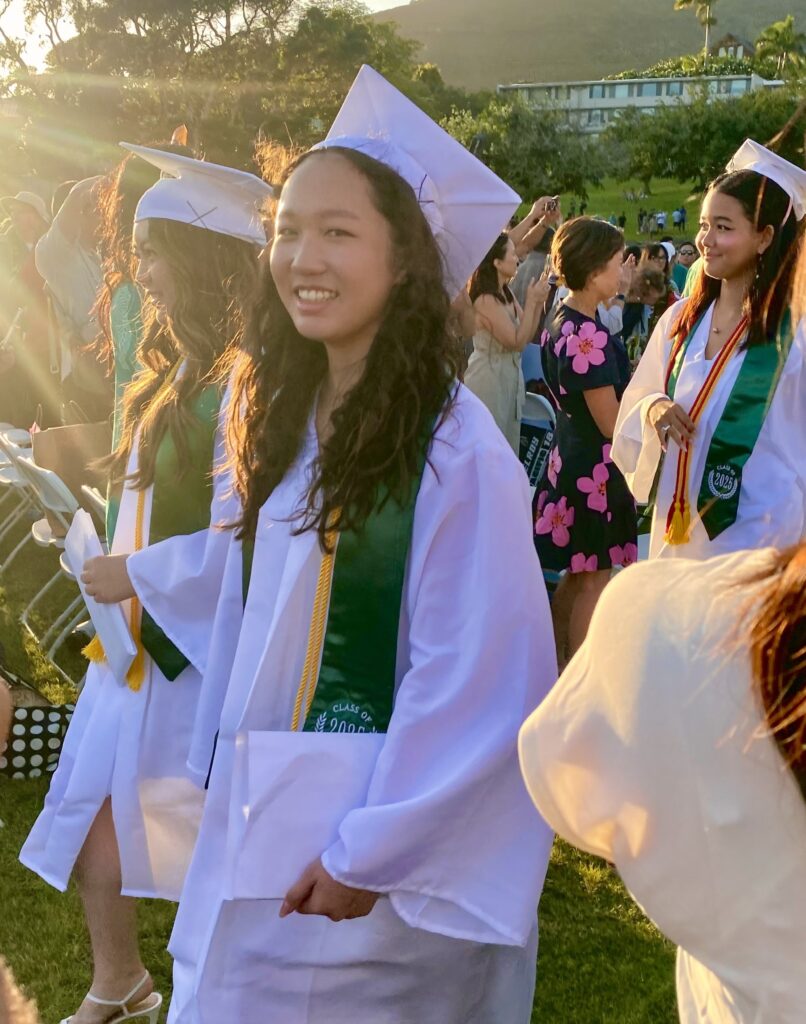Please register to be a Life-Saving Organ or Tissue Donor

August 1, 2025 — August is National Multiethnic Donor Awareness Month. This national observance was initiated in 1998 as a single day to increase our nation’s consciousness of the need for more organ and tissue donors from multicultural backgrounds. In 2020, this nationwide effort was expanded to encompass the entire month of August.
National Multiethnic Donor Awareness Month honors communities of color who have been organ and tissue donors and encourages others to register as donors. It is about empowering multicultural communities to save and heal lives. Although organs are not matched according to ethnicity, and people of different races frequently match one another, individuals waiting for a transplant have a better chance of receiving an organ if there are large numbers of donors from their ethnic background. This is because compatible blood types and tissue markers (critical qualities for donor/recipient matching) are more likely to be found among members of the same ethnicity.
COTA’s Goya family of Honolulu, Hawaii, knows these facts all too well. Just three years ago, their youngest daughter, Cassidy, was hospitalized for jaundice. That August, she had begun feeling extremely lethargic. After running hundreds of tests and having several hospital stays at Kapiolani Medical Center in Honolulu, her medical team diagnosed her with a rare autoimmune condition called Vanishing Bile Duct Syndrome. This condition was rapid onset in nature and was likely caused by Cassidy’s taking an antibiotic, Minocycline, which irreversibly damaged her liver as an unexpected side effect. In November 2022, her Honolulu team of doctors determined she needed further testing and evaluation at Lucile Packard Children’s Hospital Stanford in Palo Alto, California – more than 2,400 miles (and an ocean) away from the Goya family’s home. The Lucile Packard team confirmed her diagnosis and determined her gallbladder needed to be removed to hopefully relieve some of the intense pain she was experiencing. After that surgery, Cassidy was placed on the inactive liver transplant list and sent home to Honolulu.

But nearly a month later on December 15, 2022, her teams at Kapiolani Children’s Hospital and Lucile Packard made the joint decision that Cassidy was unlikely to get better on her own. They determined she needed to be placed on the active transplant list for a new liver. Right after Christmas that year, she was airlifted back to California to wait for her second chance at life. Around the same time, Cassidy’s Aunt Leanne placed a call to the Children’s Organ Transplant Association (COTA) to see how they might be able to help eliminate some of the stress the family was experiencing.
COTA uniquely understands that parents who care for a child or young adult before, during and after a life-saving transplant have enough to deal with; therefore, COTA’s model shifts the responsibility for fundraising to a team of trained volunteers. COTA is a 501(c)3 charity so all contributions are tax deductible to the fullest extent of the law, and funds are available for a lifetime of transplant-related expenses.
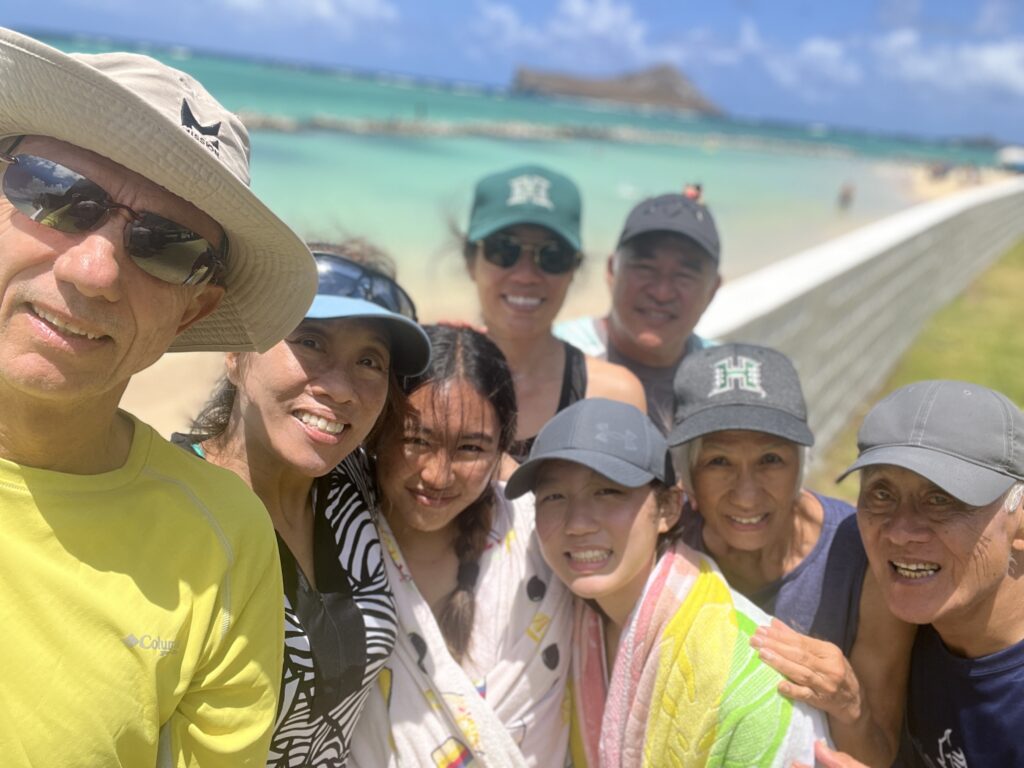
On December 28, 2022, the Goya family’s signed agreement arrived at COTA’s headquarters and officially became part of the COTA Family. Cassidy became a COTA Teen.
The Goyas posted this message on the COTA-provided website, “If you have the means to contribute financially to COTA for Cassidy G, we would be grateful for your generosity. Our family is in a crisis and are concerned about the exorbitant current medical costs and the lifetime of transplant-related expenses. We have already incurred significant expenses for travel, hospital testing, recurring doctors’ visits and recurring medical costs. Recovery from a liver transplant typically takes a year as well as the need to stay close to the hospital, which is more than 2,000 miles from our home, for the first three months. Cassidy will require a lifetime of medications and care, which COTA assists with.”
On January 3, 2023, a COTA fundraising specialist trained a team of volunteers eager to help the Goya family who were experiencing the weight of mounting transplant-related expenses while wondering how long Cassidy would wait for her perfect liver. The COTA for Cassidy G volunteers decided to share the donation page and let Honolulu family and friends know what the family was experiencing in California and how COTA would help. Cassidy’s parents started posting on COTAforCassidyG.com to keep their large circle of support informed. On January 4th, Jamie posted, “Patience is not a strength of the Goya ‘Ohana’ … except for Cassidy, who is a patient person. The last several weeks have been a test of our patience. A few days before Christmas, we found out Cassidy could not fly commercially and would need to be flown via medical airplane. While trying to get that arranged, we were met with roadblocks of insurance denials and lack of planes/pilots. By the grace of God, we were approved and somehow they flew her to California the day after Christmas. We have been blessed with a room at the Ronald McDonald House, but now the comes the real test of patience … waiting for the perfect liver. She is high up on the list for a whole liver. Thank you for your outpouring of support and for the many of you who were willing to be tested to be her donor.”
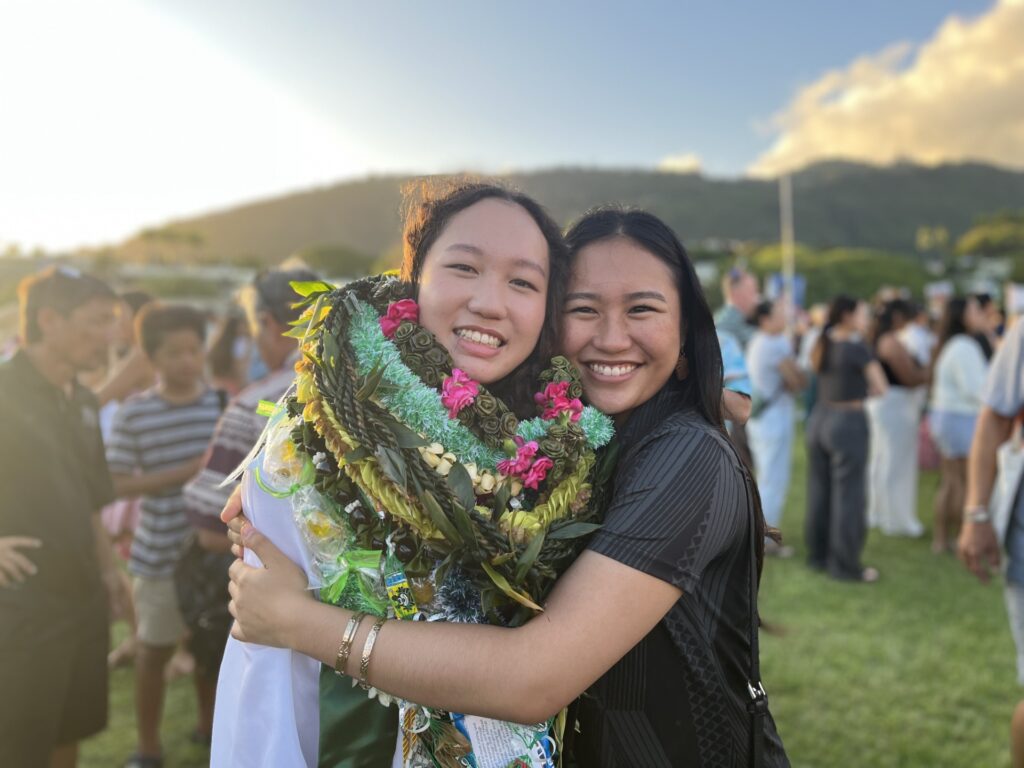
Later that month on January 27th, Cassidy received her new liver and a second chance at life. The Goyas posted this, “We heard the great news that a donor liver offer came through yesterday. The surgery started around 5:30 am. Cassidy is doing well; please pray for her as she undergoes this long, six plus hour surgery.” And on February 1st, “The past four days in the ICU post-transplant were exhausting for all of us, but especially for Cassidy. We are thankful she is stable enough to move out of the ICU to a regular care room to continue her recovery. Thank you to all who have showered us with prayers. Mahalo!” A few days later COTA for Cassidy followers read this update, “The last 96 hours have been extremely difficult. A lot of pain. They did a procedure to remove more liquid from around her lungs and place a chest tube; she is having difficulty breathing. Cassidy has now been transferred back to the ICU so they can better manage her pain and make sure she is breathing on her own.”
During Cassidy’s sometimes challenging post-transplant recovery, the Goyas were very grateful for the training and support COTA offered their volunteer team and for the tools COTA provided to keep the family connected with their family and friends back in Hawaii. Jamie shared that once they started working with COTA, they felt relief and were able to focus on Cassidy’s lengthy recovery … and not worry about the mounting transplant-related expenses.

Cassidy eventually started to steadily improve and regain her strength. On April 4th, Jamie blogged, “Cassidy is able to eat solid foods and is putting on healthy weight. She has more energy and was able to start taking a few of her high school classes. Also … we have met the ($150,000) COTA fundraising goal. Mahalo!”
At the end of May, Cassidy was released to travel home to Honolulu. She continued to improve and started to feel ‘normal’ once again. Her dad, Daniel, got the best Father’s Day gift of all that year when, after coming home from California, she was able to play catch with him in their front yard for a few minutes. Eventually, Cassidy built her endurance, which allowed her to return to the softball field with her beloved teammates — one of the biggest blessings of all.
Another blessing, according to Jamie, was deciding to become part of the COTA Family during a time of chaos and crisis. She remembers, “We were completely overwhelmed with emotions of fear and anxiety when we were told by Cassidy’s medical team that we needed to immediately leave our home in Hawaii to receive treatment in California. There were so many questions swirling in our heads … Will Cassidy be OK? Who will watch our oldest daughter (who was only a Junior in high school at the time)? Where would we stay? Then, our insurance denied Cassidy’s medical air transport. The last, but looming, question … How will we ever pay for this?”
“Once we were introduced to COTA, it was a huge source of comfort knowing the mounting medical costs, travel costs and other transplant-related expenses would be covered … not just for this transplant time period, but for a lifetime,” Jamie said.
Cassidy just graduated from high school with honors and turned 18 on July 27th. She will be heading to Harvey Mudd College in Claremont, California, soon to major in mathematics. Cassidy is making the same decisions her classmates and teammates are making at this stage in their lives, figuring out which path they wish to take and how they will make a difference in this world. Cassidy is moving forward and rounding the bases – thanks to her new liver and an assist from COTA.
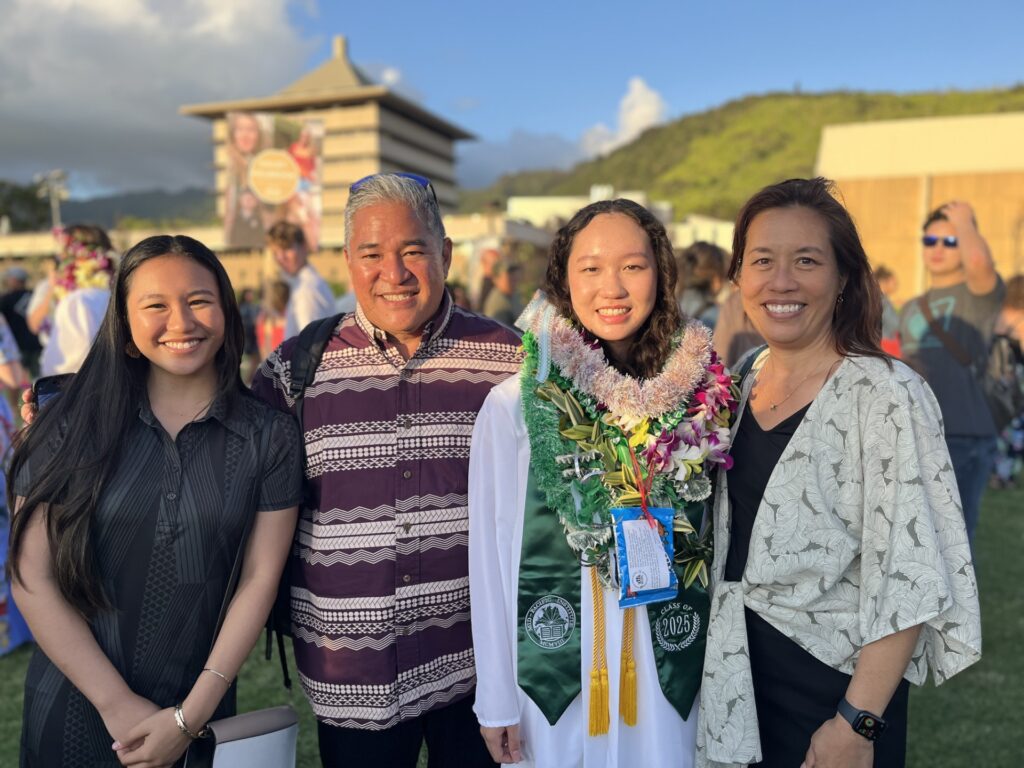
Transplant is not a cure. It provides a much better quality of life, but requires costly medications, treatments and monitoring. COTA exists to help families, like the Goyas, navigate their transplant journeys today … and well into the future.
“We will be forever grateful for the support COTA provided our family,” Jamie said. “The fundraising was simple and straightforward; COTA’s staff walked our volunteers through each step. We appreciate the fact that people make tax-deductible contributions to COTA, and COTA’s financial help to families is not considered taxable income. The number one reason a new transplant family should reach out to COTA is that they will never be able to generate this kind of support on their own.”
August is National Multiethnic Donor Awareness Month. Many COTA families are waiting for their children and young adults to be matched to an organ or tissue donor. You can visit www.RegisterMe.org to indicate your wish to be a life-saving donor. Every day 17 people die waiting for an organ transplant here in the United States. One organ donor can save eight lives.
